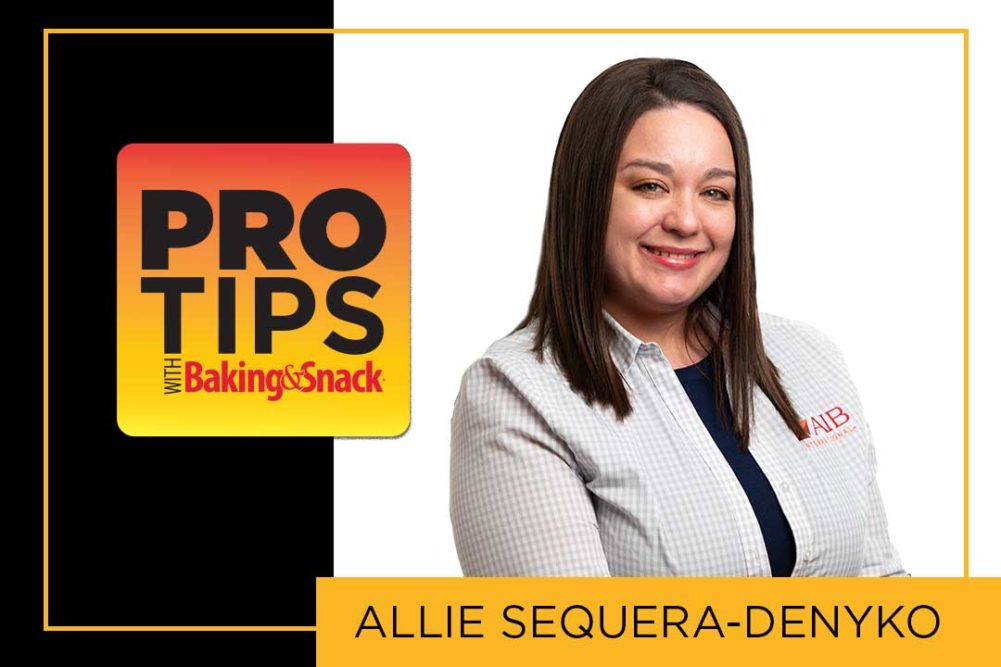Pro Tip: A robust chemical control program needs answers to these nine questions.
A robust chemical control program is an important element of a strong food safety program. Chemicals used in the food industry fall under five categories: pest management, maintenance, sanitation, personal hygiene and laboratory.
It is important to know every nonfood chemical that is used in the facility to develop the necessary controls to prevent contamination of the food, food contact packaging and food environment through its use and storage.
When evaluating your chemical control program, ensure that the following information has been included:
- Who has the authority to approve which chemicals may be used in the facility and what criteria are assessed as part of the approval process?
- Who has the authority to purchase the approved chemicals?
- Details on where each of the approved chemicals should be stored, as well as inventory control and monitoring.
- Handling instructions for all chemicals, including any required safety gear and instructions for spill response.
- Details on where and how each chemical will be used.
- Documentation and verification of chemical concentrations.
- Availability of chemical labels and technical data sheets. Details on which chemical have an Environmental Protection Agency (EPA) registered label, as the label directions are enforced by law.
- Instructions on how the facility prevents chemical cross-contamination risks. One example could be by thoroughly rinsing all food contact surfaces to remove chemical residue as applicable and indicated by the label directions.
- Details related to training and education efforts targeting all personnel, especially those who use any chemicals in the facility.
In summary, evaluate your chemical control program on a regular basis. Your customers depend on you.
Allie Sequera-Denyko is manager, quality assurance, North America, at AIB International.





